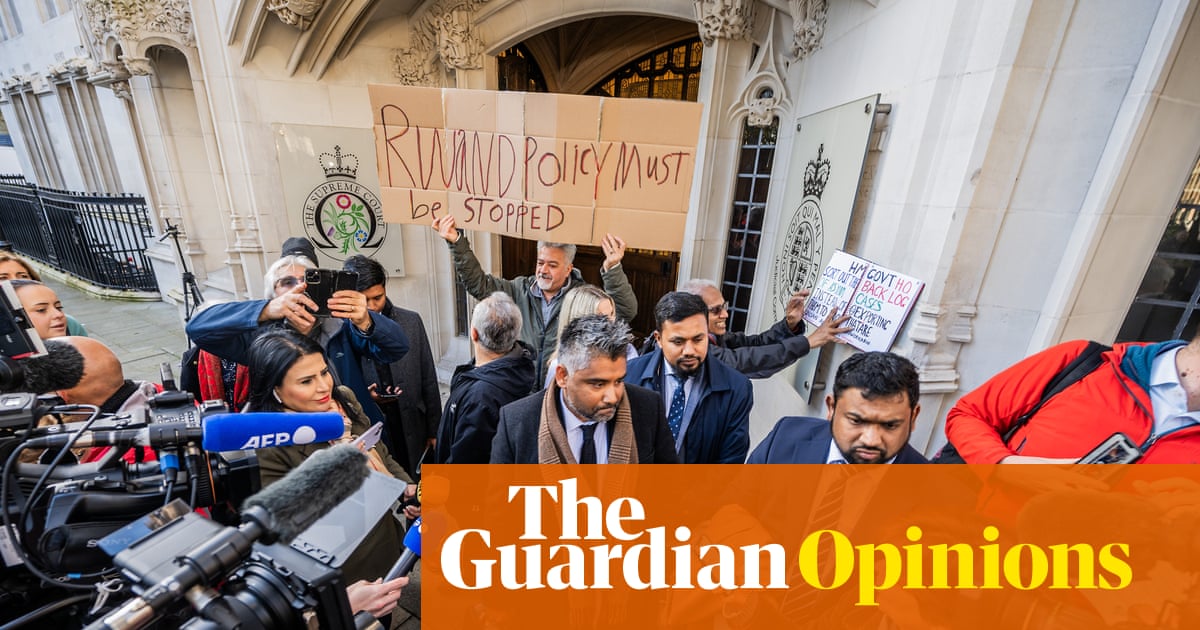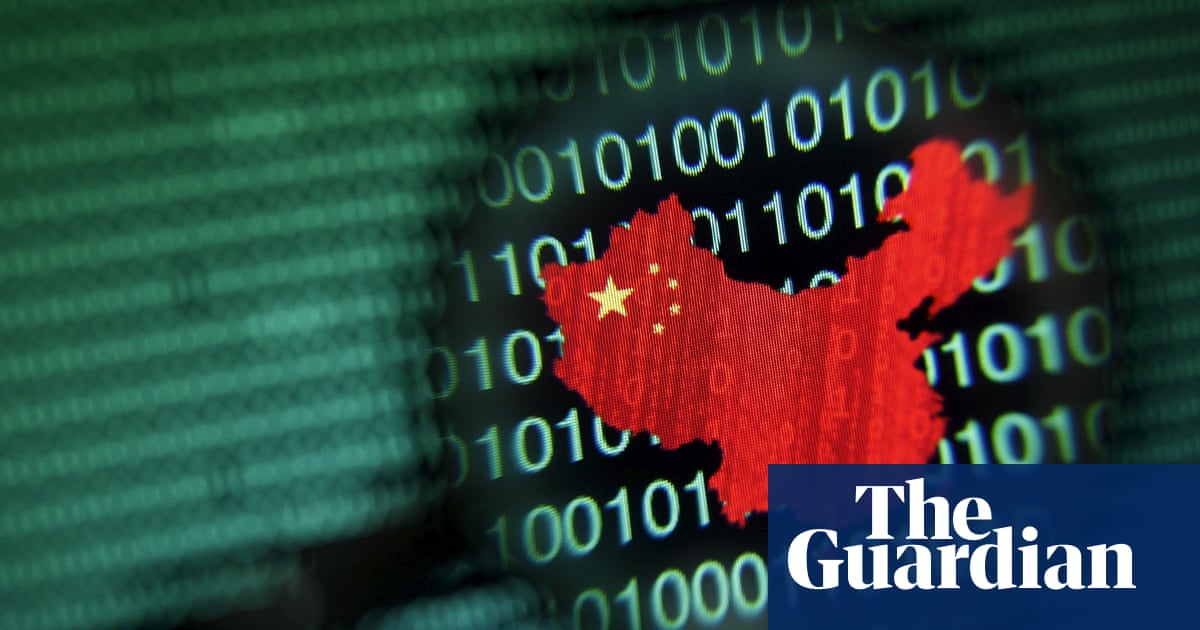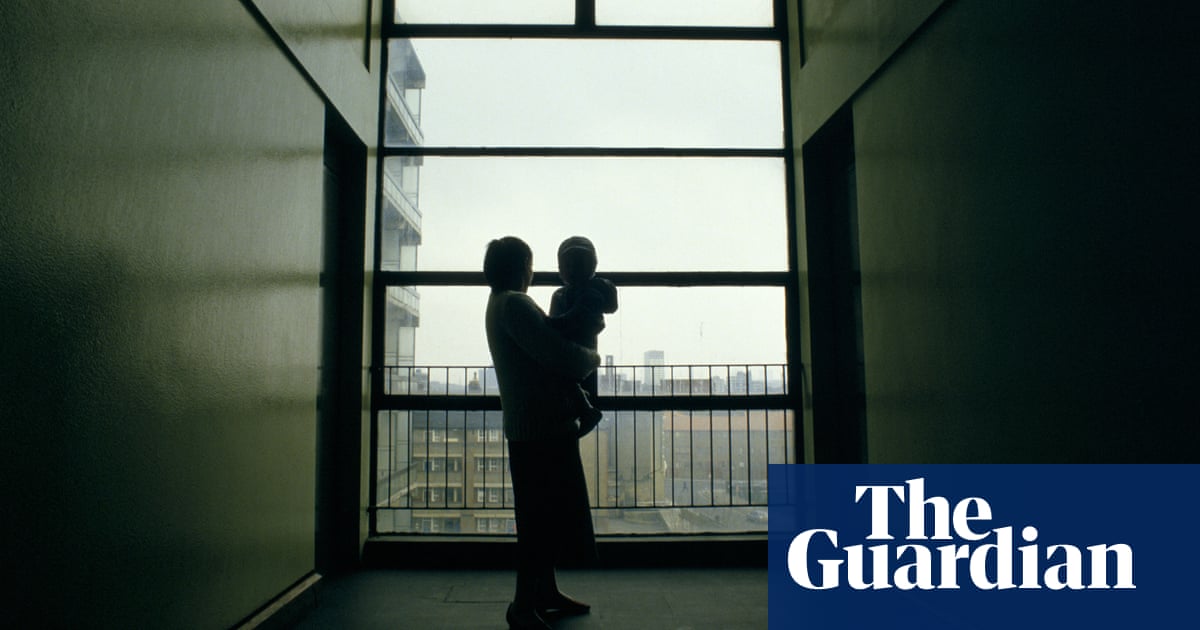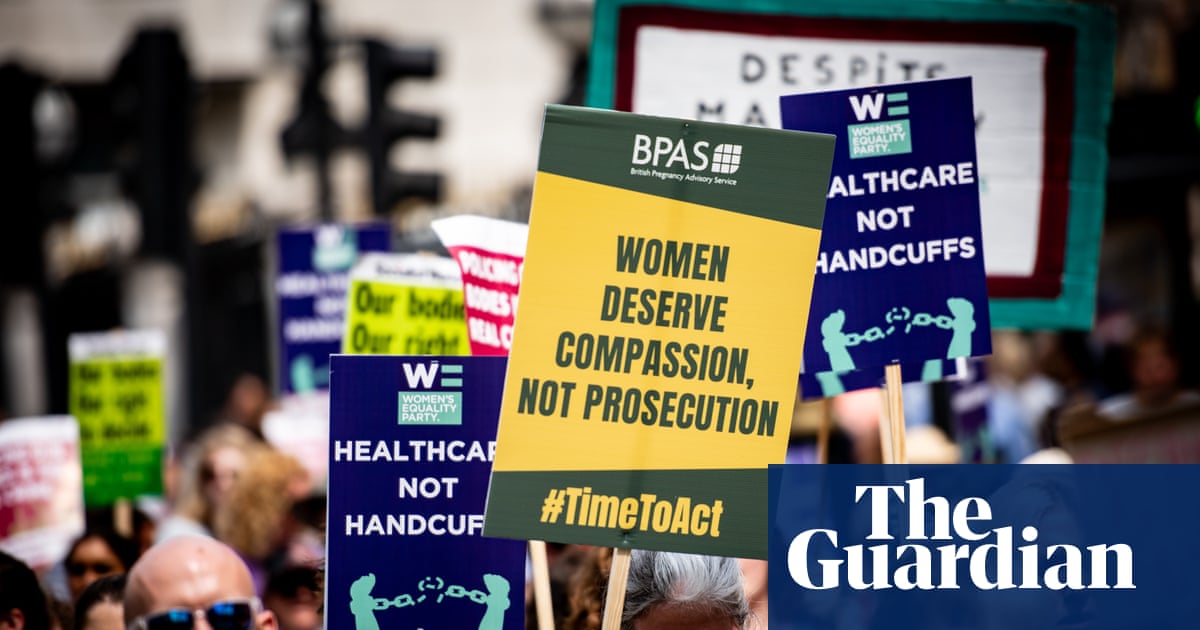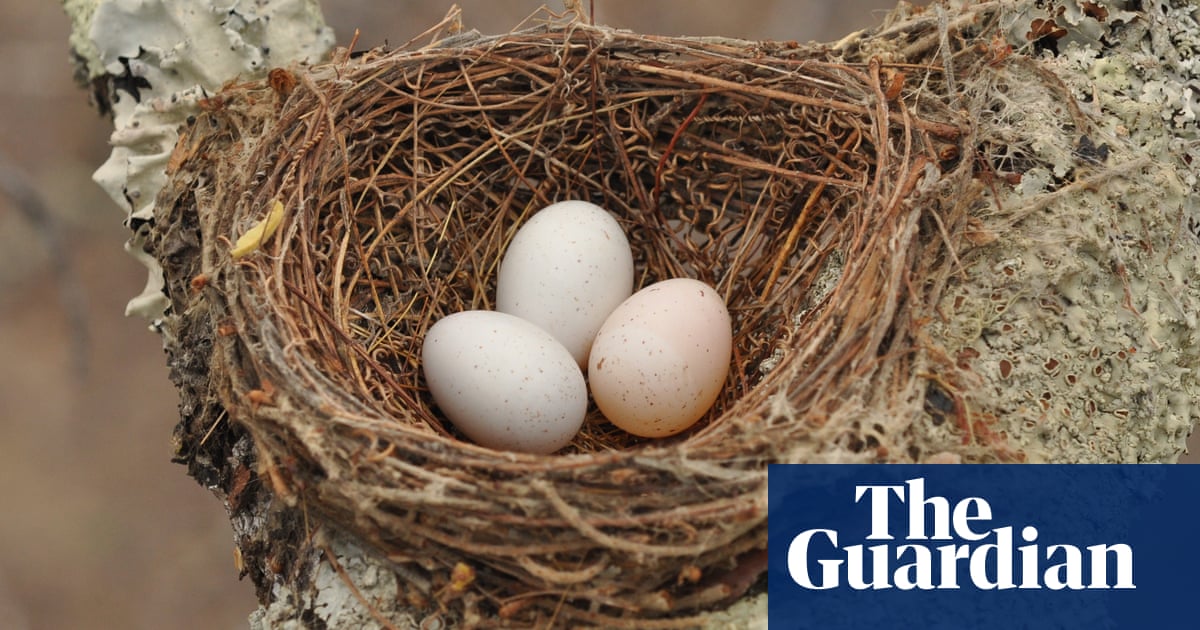
s the government struggles to get a grip on the most significant public health emergency in a century, institutions and occupations previously subjected to acrimony, neglect or simple disregard have in the space of a few short weeks become the nation’s saviours. From the BBC to bin collectors, shop workers to care home staff: all have suddenly been recognised as vital and appreciated by public and politicians alike.
However, as pressure mounts over the capacity for coronavirus testing and the supply of personal protective equipment and ventilators, finding someone to blame rather than fixing the problem seems to be the priority for some at the heart of government. Well-placed anonymous sources have started pointing fingers at everyone from the cabinet secretary, Mark Sedwill, to Public Health England.
They “bumble along, occasionally banning Coco Pops or something, but for the most part entirely out of sight” is how one source from within government described some of the most senior public health professionals in the country. Elsewhere, an unnamed minister has been happy to lay the blame for the lack of testing at the door of Public Health England, while a “senior figure” was busy pointing the finger at NHS England for a “system” that had given “incorrect” and “overly optimistic” information to ministers. Imagine being on the frontline of planning for a pandemic, knowing the consequences of the decisions you’re making while potentially risking your own health, then seeing that this is what some within government think of your work.
For four short weeks, the briefing war against the civil service that had characterised the government before coronavirus had abated. Witnessing the incredible response of the service, I had hoped that this government would not return to some of the bad old ways. From the job retention scheme, repatriating travellers abroad and processing an extra million universal credit claimants, to those trying to understand and plan for the consequences of this virus: this list is endless, and mostly unseen.
The service itself has also had to completely reorganise, with hundreds of thousands of staff working remotely and in different ways to keep vital public services functioning. Many are also on the frontline, because some public services simply cannot be delivered remotely, and we’re witnessing the first tragic consequences of that necessity.
If mistakes have been made, ministers and civil servants will rightly be held accountable. Every government in the world has been overwhelmed by this virus and will have made major mistakes – some avoidable, some not. While ministers and officials must be scrutinised for their decisions as events unfold, many of these questions will inevitably be for another day.
Right now, we need ministers and their advisers focusing on saving lives, not their careers. While public servants across the UK are working night and day – literally putting their lives on the line for the country – some within government are still putting self-preservation first. It is not only cowardly and shameful, it’s also destructive.
• Dave Penman is general secretary of the FDA union, which represents civil servants







